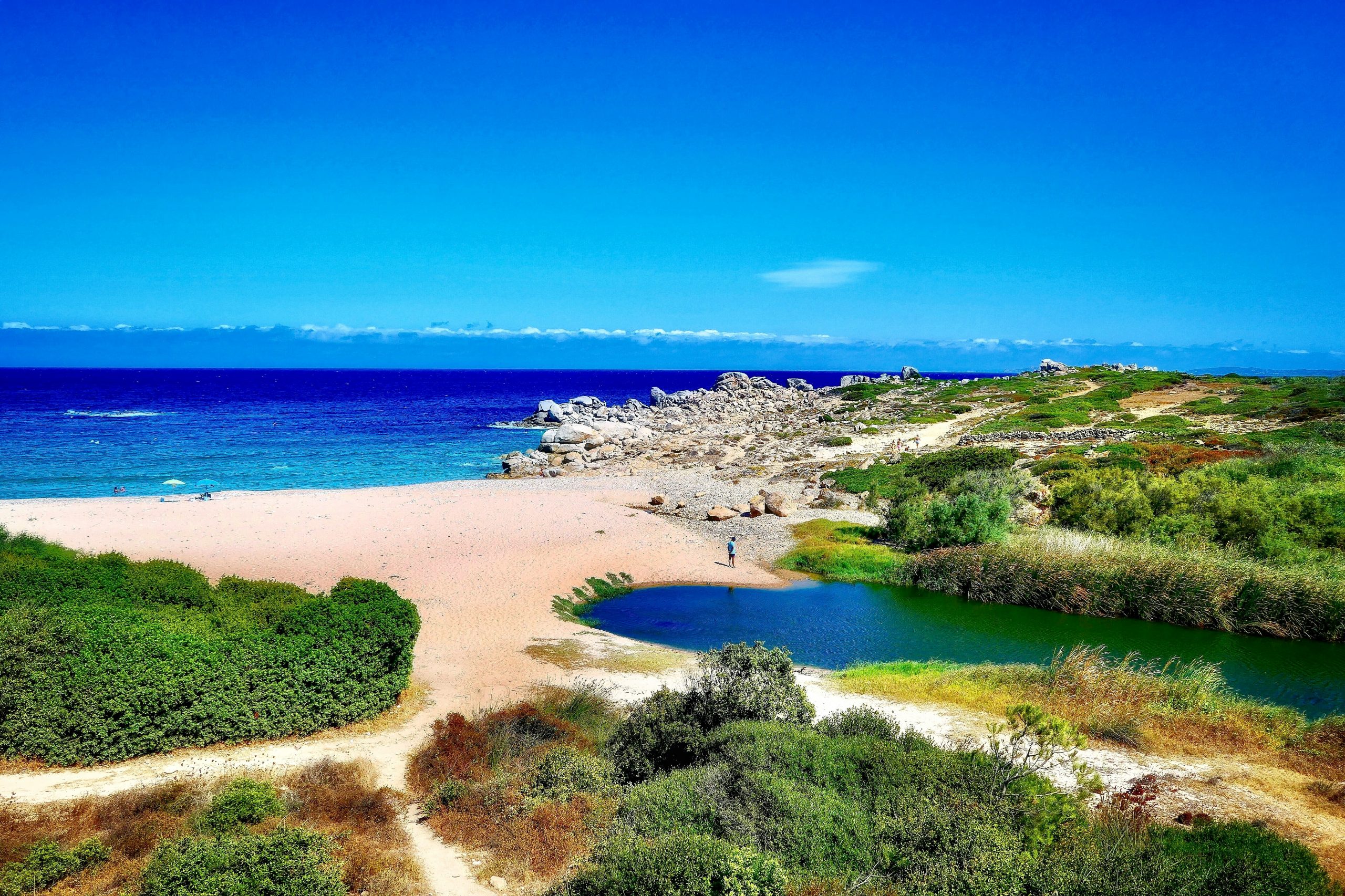Twenty years ago, Dan Buettner started writing about Blue Zones, places on this earth where people allegedly live long healthy lives. The public has been transfixed. While people in the Blue Zones appear to exhibit good healthy behaviors, there’s no science behind the Blue Zone claims.
Buettner has built a large following reporting on these Blue Zones–including authoring eight books–and what we can all do to live longer, healthier lives. And, he has made a lot of money doing it. But, he is making observations, not finding causal links between particular environments and longevity.
There really migt not be a there there, Dana G. Smith reports for The New York Times. One expert challenges the notion that certain communities have more centenarians because of their special behaviors. He thinks that these communities more likely have bad record-keeping about the age of their residents.
Why are the areas with purportedly large populations of very old people called Blue Zones? Back in 2004, researchers highlighted Sardinia in blue on a map to signal that its residents lived long lives. They thought Sardinians had especially healthier lifestyles than others or high levels of “inbreeding” leading to a certain set of genes that promoted longevity.
Buettner, then a reporter for National Geographic, wrote about longevity in Sardinia and two other areas, Okinawa and Loma Linda, California. He argued that people lived longer in these zones as a result of their healthy lifestyles. They ate well, were active, socially engaged and didn’t smoke. Their lives had purpose, and they could handle stress.
Buettner claimed people in Blue Zones lived ten years longer on average than the rest of us, without taking supplements or going to exercise studios. Rather, they lived in good places.
Buettner has made “Blue Zones” into a very big business notwithstanding the lack of science behind them. Who doesn’t want to believe in magic, especially if it could help them live longer? Then, Saul Justin Newman, University College, London, decided to look into the data and things did not add up as well as Buettner has suggested.
Newman believes the Blue Zones might not be such special places. True or not, Buettner admits that Okinawa might no longer qualify as a Blue Zone. People’s diets and lifestyles have changed. He actually believes that Blue Zones will die out in the next 15 to 25 years as a result of fast food and changing behaviors.
We non-Blue Zone dwellers can still take a page from Buettner’s advice: eat well, stay active, and engage with your community. All three behaviors have been found to promote good health and long lives.
Here’s more from Just Care:

Leave a Reply